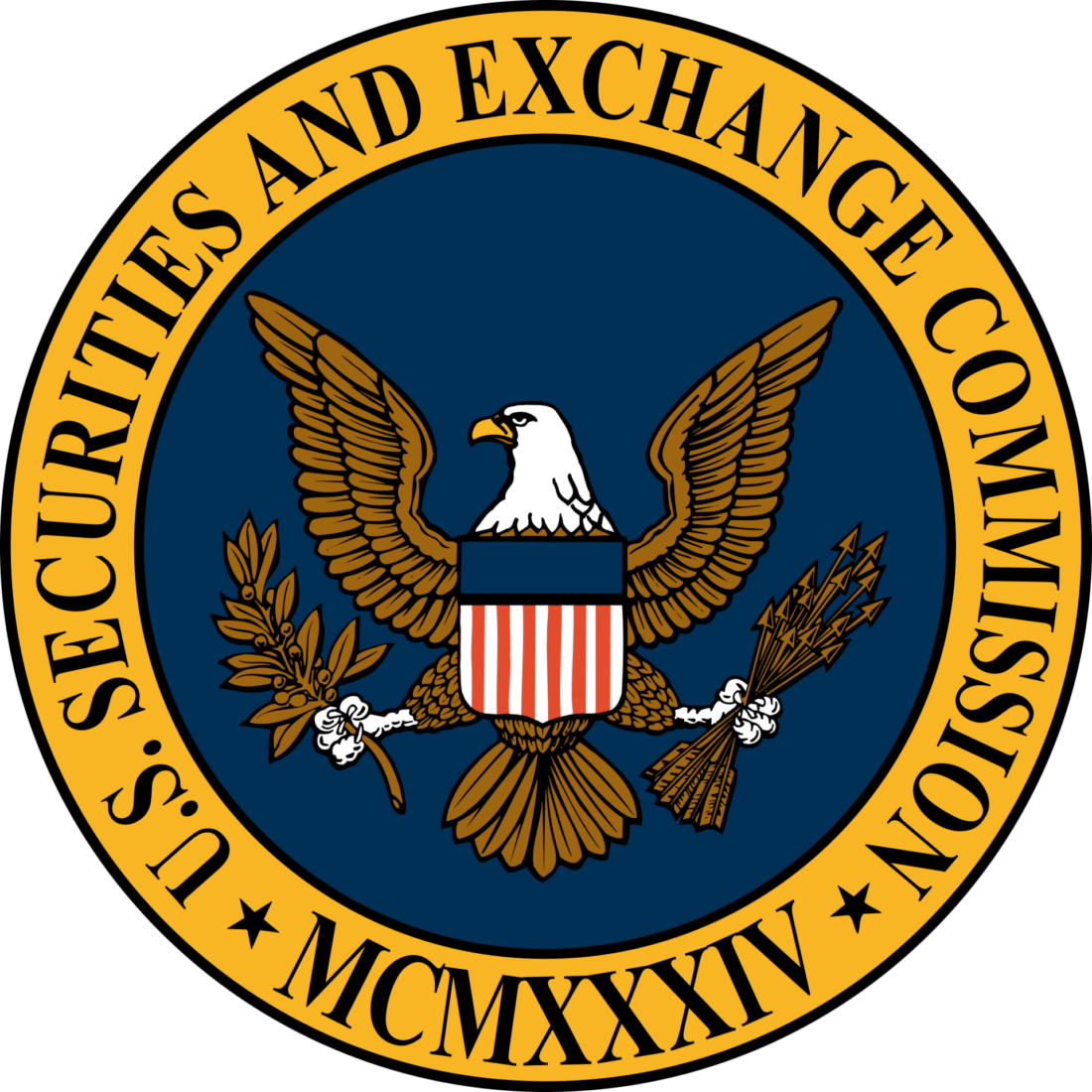SEC Issues MiFID II No-Action Relief
Some industry anxiety was assuaged on October 26 with three no-action letters that offer relief for some US regulated broker-dealers and investment advisers regarding European MiFID II regulations. The letters followed consultation with the European authorities, and are designed to address concerns that investors could lose access to valuable research.
MiFID II is a series of regulations in the EU which will replace the current Markets in Financial Instruments Directive (“MiFID”) as of January 3, 2018. The MiFID II regulatory regime is designed to increase the transparency and stability of the European capital markets. Its provisions are comprehensive and cover a large swath of activities, including:
- Research Payments: Advisers subject to MiFID II will no longer be able to accept research as a tangential benefit to trade execution services, the “soft dollar” practice which is common in the U.S. Instead, MiFID II-regulated firms will need to pay hard dollars for research, either from their own P&L or from a MiFID II regulated Research Payment Account (“RPA”).
- Best Execution: MiFID I required firms to “take all reasonable steps to obtain, when executing orders, the best possible result for their clients taking into account price, costs, speed, likelihood of execution and settlement, size, nature or any other consideration relevant to the execution of the order.”[1] MiFID II requires firms to take “all sufficient steps.” Firms are responsible for implementing policies and procedures to ensure that execution practices are working well and issues or deficiencies are promptly found and remediated.
- Trade and Transaction Reporting: New pre- and post‐trade reporting, along with T+1 transaction reporting, will become mandatory and will lead to new publication entities emerging as authorized APAs (Approved Publication Arrangements) to support near real‐time, post‐trade reporting. T+1 transaction reporting will operate either directly through the local National Competent Authority (NCA) or via an authorised Approved Reporting Mechanism (ARM). Where firms were previously required to submit only 24 data fields for certain financial instruments (primarily exchange-traded Equities and certain derivatives), firms are now required to submit 65 data fields across an increased universe of financial instruments. Firms trading on European trading venues are already starting to update their systems to provide such information, as well as obtaining new data such as a Legal Entity Identifier (“LEI”).
- Position Limits: Firms will be subject to limits on the maximum size of position that can be held in commodity derivatives (aggregated across trading venues and OTC).
- Product Governance: MiFID II will require firms to “act in the clients’ best interests during all stages of the life-cycle of products or services.”[2] This means the marketing and distribution of financial products to consumers will require increased disclosure, as well as in-depth analysis of “target market” for a given offering.
The no-action relief provides a path for market participants to comply with the research requirements of MiFID II in a manner that is consistent with US federal securities laws.
The three letters provide the following relief, in short summary:
- SIFMA: In a letter to the Securities Industry and Financial Markets Association, the Division of Investment Management provided temporary relief for broker-dealers that provide research services to Managers, generally, that the Division will not recommend enforcement action to the SEC if a broker-dealer provides research services that constitute investment advice. In other words, the Division will not consider those broker-dealers to be investment advisers. Without this relief, broker-dealers may have been providing investment advice and subject to regulation under the Advisers Act, when they received Research Payments. This relief is valid only for thirty months from the MiFID II implementation date, at which time we expect further guidance from the SEC.
- SIFMA Asset Management Group: In a letter to the SIFMA Asset Management Group, the Division of Trading and Markets staff stated it will not recommend enforcement action to the SEC against a money manager relying on Section 28(e) of the Exchange Act, when it complies with the MiFID II RPA requirements, in the following 4 circumstances: the money manager makes payments to executing broker-dealer out of client assets for research alongside payments to that executing broker-dealer for execution; the research payments are for research services eligible for Section 28(e)’s safe harbor; the executing broker-dealer effects the transactions for purposes of 28(e); and the executing broker-dealer is legally obligated by contract with the money manager to pay for research through the use of an RPA in connection with a CCA.
- Investment Company Institute (“ICI”): In its letter to ICI, the Division of Investment Management provided relief under the Investment Company Act of 1940 and the Advisers Act, to permit advisers subject to MiFID II to continue to aggregate client orders, where some clients may pay different amounts for research because of MiFID II requirements but all clients will receive the same average price for the security and execution costs.
We encourage all firms impacted by MiFID II to take action to ensure that any required changes to policies, procedures and internal systems are complete by the January 3, 2018 compliance date.
MiFID II Ready with CSS
CSS TradeSentry provides trading surveillance and post-trade compliance tools to perform transaction cost analysis, broker analysis, and commission testing, powered by Ascendant industry expertise and IHS Markit reference data.
Silverfinch provides regulatory data management solutions, with streams tailored for asset managers and distributors to comply with product governance requirements under MiFID II.
Advise Technologies offers global regulatory reporting solutions through its Consensus, Vault and Signal product lines, including MiFID II transaction reporting as an Approved Reporting Mechanism (ARM).
Contact us at info@ascendantcompliance.com or at (860) 435-2255 to learn more about how the CSS product suite can assist your firm in meeting its MiFID II requirements.



